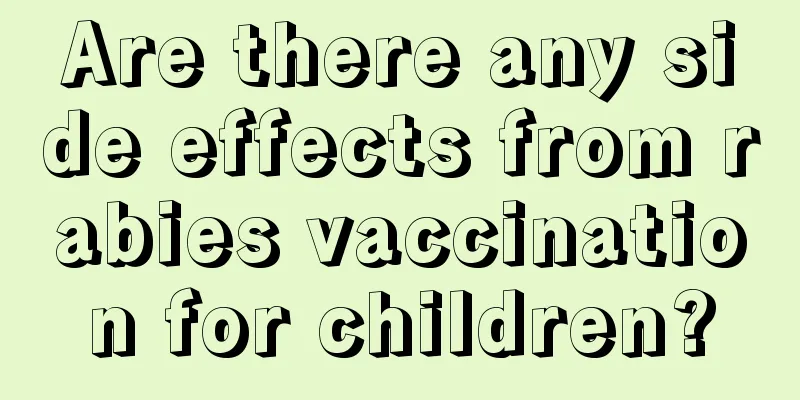What to do if the baby keeps having diarrhea

|
Diarrhea is a common illness in infants. What should I do if my baby keeps having diarrhea? Babies have immature digestive functions, develop rapidly, and need more calories and nutrition. If they are not fed properly, they are prone to diarrhea. Common causes of diarrhea include excessive or excessive food intake, which increases the burden on the gastrointestinal tract; food supplements that are added too quickly or too much food, and eating oily foods with too much oil residue, which makes the food incompletely digested; untimely feeding, the gastrointestinal tract cannot form a conditioned reflex to secrete digestive juices at once, resulting in a decrease in the baby's digestive function. Infancy is the period of fastest growth and development in the human body, and all the nutrients needed are digested and absorbed by the digestive organs. Because infants' nervous systems are not fully developed, their gastrointestinal regulation function is poor, and various digestive enzymes are secreted less and have lower activity, their body's tolerance to food is poor, and they are prone to digestive dysfunction and diarrhea. The main causes of diarrhea in babies are as follows: 1. Bacterial infection If your baby has severe diarrhea (sometimes accompanied by vomiting) and also has abdominal pain, bloody stools, fever, etc., it is often caused by bacteria (such as E. coli, Salmonella, etc.). 2. Viral infection It is very common in both adults and children. The pathogens that cause gastroenteritis are mostly viruses, the most common of which is rotavirus, which occurs in late autumn and early winter. 3. Antibiotics If your baby's diarrhea occurs during or after treatment with antibiotics, diarrhea may be caused by dysbiosis. 4. Parasitic Infections Parasitic infections may also cause diarrhea in your baby. For example, giardiasis (also called "pir-shaped flagellation") is caused by a microscopic parasite that lives in the intestines. 5. Formula Improper preparation of formula milk may also cause diarrhea in babies, so add water in strict proportion when preparing milk. In addition, babies may also suffer from diarrhea due to improper sterilization of utensils used to prepare formula milk. 6. Milk/soy allergy Milk allergy is not uncommon in babies. It can also cause diarrhea and sometimes vomiting. Sometimes infectious diarrhea can occur if hygiene is not paid attention to when preparing formula milk. |
<<: How to get your child to sleep
>>: Burping with a rotten egg smell and loose stools
Recommend
What to do if your 2-year-old baby has vomiting and diarrhea
Children aged 2 are in the period of growth, so t...
Why doesn't the baby gain weight by eating dry food?
For parents and guardians, of course they hope th...
Causes of bleeding gums in babies
Can you understand your baby’s little thoughts? T...
Why does a 2-year-old child sweat while sleeping?
If a 2-year-old child sweats while sleeping, it m...
Precautions for adding egg yolk complementary food to babies
The yolk is the most nutritious, easiest to diges...
How to prevent children from hunchback
In addition to the relatively rare genetic factor...
What are the common sense of children's first aid?
Children are not like adults. If children have an...
What to do if your 3-year-old baby is allergic to milk
The birth of a baby brings infinite joy to the wh...
Is it good for infants and young children to swim frequently?
Many people must have heard that babies have a ce...
How to treat amblyopia in children
The incidence of amblyopia in children is becomin...
Baby always scratches his head and face when sleeping
Many mothers will find that their babies often ha...
Neonatal fundus lesions
In fact, neonatal fundus lesions are also called ...
How to treat rhinitis in children?
In daily life, patients with rhinitis often do no...
What to do if your five-month-old baby has allergies
Life is always unexpected, and you never know whi...
What should I do if my child has eye inflammation? These methods can help mothers
Every parent hopes that the baby can grow up heal...









